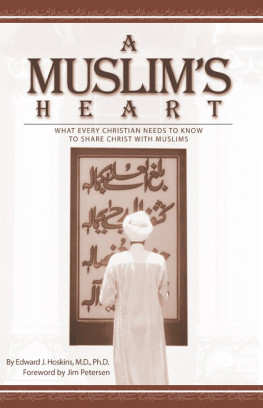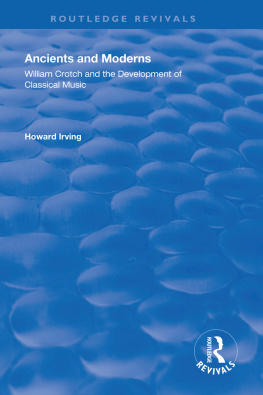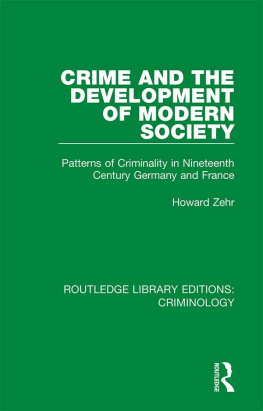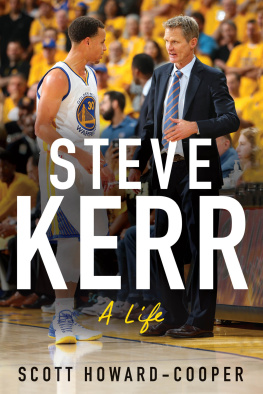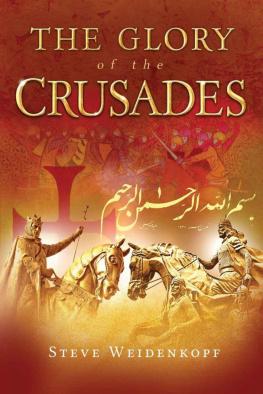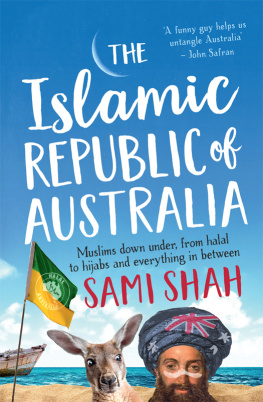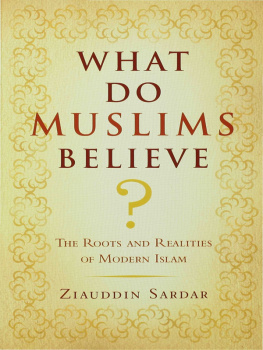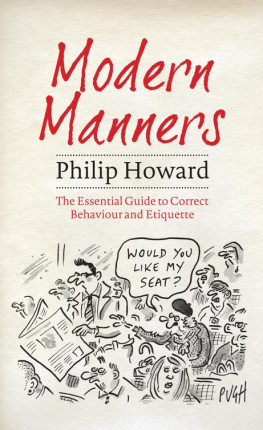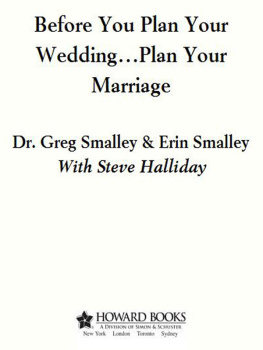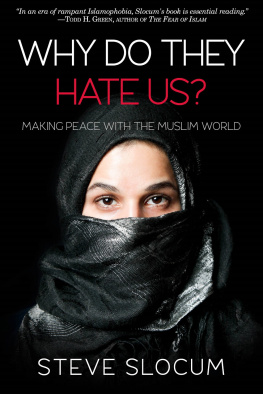Steve Howard - Modern Muslims
Here you can read online Steve Howard - Modern Muslims full text of the book (entire story) in english for free. Download pdf and epub, get meaning, cover and reviews about this ebook. year: 2016, publisher: Ohio University Press, genre: Religion. Description of the work, (preface) as well as reviews are available. Best literature library LitArk.com created for fans of good reading and offers a wide selection of genres:
Romance novel
Science fiction
Adventure
Detective
Science
History
Home and family
Prose
Art
Politics
Computer
Non-fiction
Religion
Business
Children
Humor
Choose a favorite category and find really read worthwhile books. Enjoy immersion in the world of imagination, feel the emotions of the characters or learn something new for yourself, make an fascinating discovery.

- Book:Modern Muslims
- Author:
- Publisher:Ohio University Press
- Genre:
- Year:2016
- Rating:5 / 5
- Favourites:Add to favourites
- Your mark:
- 100
- 1
- 2
- 3
- 4
- 5
Modern Muslims: summary, description and annotation
We offer to read an annotation, description, summary or preface (depends on what the author of the book "Modern Muslims" wrote himself). If you haven't found the necessary information about the book — write in the comments, we will try to find it.
Modern Muslims — read online for free the complete book (whole text) full work
Below is the text of the book, divided by pages. System saving the place of the last page read, allows you to conveniently read the book "Modern Muslims" online for free, without having to search again every time where you left off. Put a bookmark, and you can go to the page where you finished reading at any time.
Font size:
Interval:
Bookmark:
Modern Muslims
MODERN MUSLIMS
a sudan memoir
Steve Howard
ohio university press
athens
Ohio University Press, Athens, Ohio 45701
ohioswallow.com
2016 by Ohio University Press
All rights reserved
To obtain permission to quote, reprint, or otherwise reproduce or distribute material from Ohio University Press publications, please contact our rights and permissions department at (740) 593-1154 or (740) 593-4536 (fax).
Printed in the United States of America
Ohio University Press books are printed on acid-free paper 
26 25 24 23 22 21 20 19 18 17 16 5 4 3 2 1
Library of Congress Cataloging-in-Publication Data
Names: Howard, W. Stephen, author.
Title: Modern Muslims : a Sudan memoir / Steve Howard.
Description: Athens : Ohio University Press, 2016. | Includes bibliographical references.
Identifiers: LCCN 2016024897| ISBN 9780821422304 (hc : alk. paper) | ISBN 9780821422311 (pb : alk. paper) | ISBN 9780821445778 (pdf)
Subjects: LCSH: Howard, W. StephenReligion. | Howard, W. StephenTravelSudan. | Ikhwn al-Jumhryn. | SufismSudanHistory20th century. | IslamSudanHistory20th century. | SudanPolitics and government19561985. | SudanSocial life and customs20th century.
Classification: LCC BP188.8.S8 H69 2016 | DDC 297.409624dc23
LC record available at https://lccn.loc.gov/2016024897
Contents
Illustrations
Photographs
Map
Acknowledgments
A book that has emerged slowly over twenty years has accumulated many, many people worthy of my deepest thanks. The enduring hospitality and patience of the brothers and sisters of the Republican Brotherhood movement was of course paramount in making possible the completion of this memoir. Ill single out Abdullahi An-Naim, Khalid Mohamed El Hassan, and Mustafa El Jaili for their particular assistance in my getting the facts straightalthough any misperception is my own. Many other brothers and sisters were eager to help me understand by sharing their understanding, and they are mentioned in the book as well. The Republican brothers and sisters have been the most important teachers in my life.
I also have relied (heavily!) on patient friends in the United States who have listened to me (and listened to me and listened to me) talk about what I was trying to represent with this book. The advice over the many years from Lidwien Kapteijns, Ghirmai Negash, Elizabeth Collins, and Jay Spaulding has been critical in the production of this memoir. My many students who have listened to me talk about this movement and have added their impressions of itoften providing other African exampleshave provided a great learning experience for me as well. I am deeply in debt to the marvelous Gill Berchowitz for her tireless championing of Africanist scholarship and my work on this book, as she patiently steered it toward publication. I am also very grateful to Professor Francis Nyamnjoh at the University of Cape Town for providing me time and an office, with a view of Table Mountain, so that I could finally pull this book together.
I dedicate this book to my own siblings, Kathy, Rosemary, and Peter, in hopes that they gain a greater understanding of what their older brother has been up to for a long time.
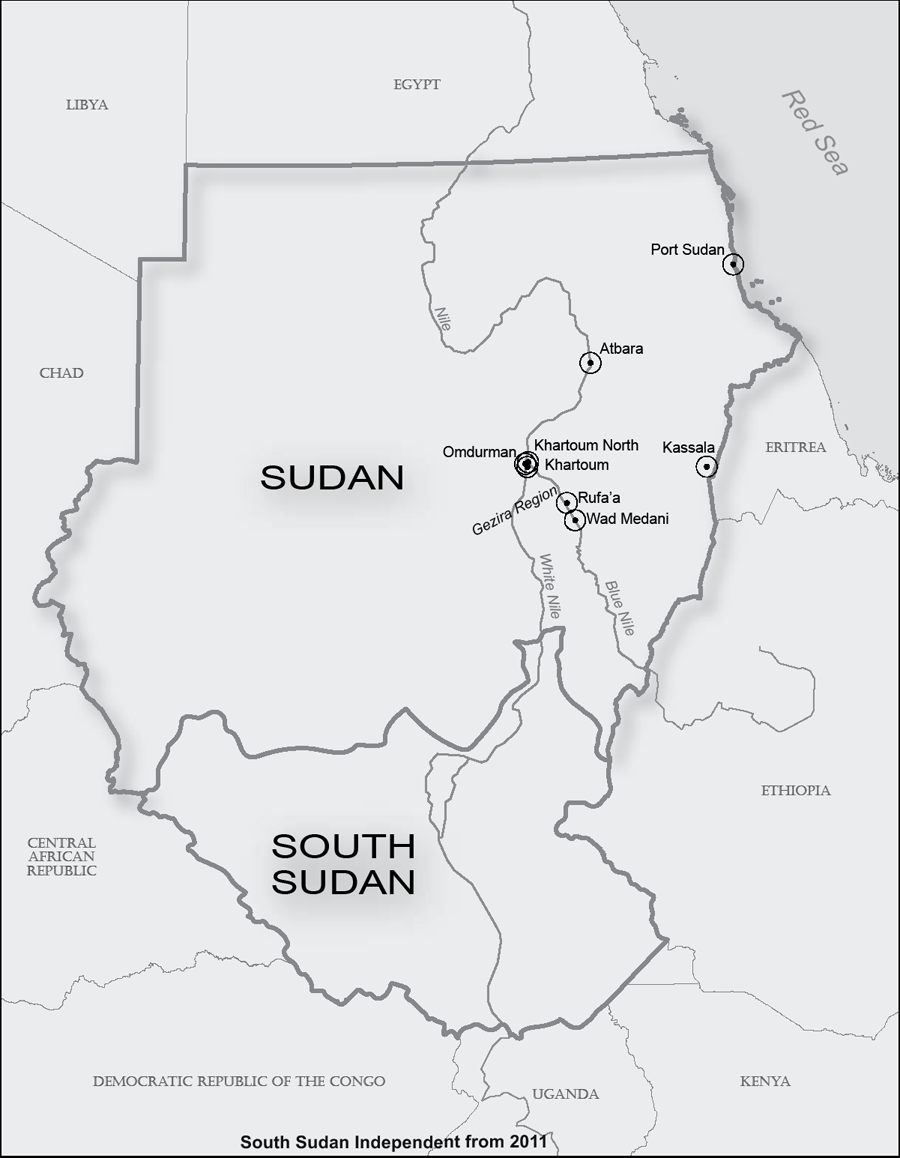
South Sudan Independent from 2011. Map by Nick Kroncke.
Prologue
Noon
Of the 114 chapters of the Quran, 29 of them begin with stand-alone letters of the alphabet, signifying what humankind is not yet sure. The Arabic letter noon ( ) appears in Islams holy book by itself at the beginning of one of its chapters, challenging the world to uncover knowledge of God that may be just beyond human reach. The letter noon also represents the crescent moon in Sufi symbolism, its incompleteness a reminder of the striving in which humans must engage in order to seek but never achieve the complete state of perfection. Perfection is the ultimate goal of this striving, which, not coincidently, may also unlock all of the knowledge contained in the Quran. As I encountered the men and women of the Republican Brotherhood in Sudan, I came to think of myself as noonvery much an incomplete man and unsure of what I was looking for, and eager to be guided. I was also a bit awed by what I perceived to be the brothers and sisters already achieved perfection, or at least by their positive attitudes in the midst of Sudans deteriorating conditions.
) appears in Islams holy book by itself at the beginning of one of its chapters, challenging the world to uncover knowledge of God that may be just beyond human reach. The letter noon also represents the crescent moon in Sufi symbolism, its incompleteness a reminder of the striving in which humans must engage in order to seek but never achieve the complete state of perfection. Perfection is the ultimate goal of this striving, which, not coincidently, may also unlock all of the knowledge contained in the Quran. As I encountered the men and women of the Republican Brotherhood in Sudan, I came to think of myself as noonvery much an incomplete man and unsure of what I was looking for, and eager to be guided. I was also a bit awed by what I perceived to be the brothers and sisters already achieved perfection, or at least by their positive attitudes in the midst of Sudans deteriorating conditions.
The Qurans two shades of meaning, one zahir, or revealed, and one hidden, or batin, were also intended as a challenge from God to promote study, prayer, and reflection that would ultimately lead to the understanding of God. I have spent more than thirty years admiring the members of the Republican Brotherhood, who dedicated their lives to improving themselves and the world by uncovering as much of the hidden meaning as God would allow. For a variety of reasonssome clearly spiritualmy sharing in those discoveries was always many steps behind my Sudanese friends.
After living with the brothers from early 1982, my first departure from the group took place at a farewell jelsa, or meeting, in November 1984, in Omdurman at a most difficult time for the members of the Republican Brotherhood. More than fifty Republicans and the movement leader, Mahmoud Mohamed Taha, had been in prison for more than a year because Sudans President Jaafar Nimeiry anticipated that they would oppose the imposition of his version of Islamic law, put in place in September 1983. In the midst of their political difficulties, the brothers tried to put the best face on my decision to leave for the United States in order to complete work on my PhD degree. Sudans reputation for warm hospitality had been fully realized in my years in the community; I had grown particularly fond of one of their terms of greeting, mushtageen (youve been missed), which was used even by people who had seen each other only a day or two before. It could also be used ironicallyin the Sudanese sense of humoraccompanied by a sly smile. It had not taken a great deal of negotiation for me to move in with members of the Republican Brotherhood; recruitment was important to the movement, and my joining them was a point of pride. My own inclination was to de-emphasize their pride in me, but I also learned to accept the Sufi code of let what is done for you be done for you.
The brothers in the house where I lived had invited my favorite munshid, or performer of the modern hymns or odes for which the Republicans were well known, to sing in his rich baritone for the evenings farewell. Beds were brought from inside the house to the courtyard for us to sit on. The Republican brothers took departures from the group very seriously. As one left a group of Republicans, the group would raise their arms in farewell while chanting the name of God until the traveler disappeared from view. The groups intense solidarity was the sum of its members collective focus on the teachings of Mahmoud Mohamed Taha. The departure ritual, which I was to experience countless times over the years, was designed to be a memory, an image to hold in your heart to sustain you until you returned to this group of brothers and sisters or were welcomed by the next one on your journey.
Over the course of three decades of arrivals and departures to and from groups of Republican brothers and sisters, I have tried to make academic sense of what I had seen living with the Republican Brotherhood in Sudan. I wrote many conference papers on the reformist methodology of Mahmoud Mohamed Taha and about this group of men and women and their families who saw themselves as the vanguard in promoting a new approach to Islams role in the modern world. I sought grants and leave from my teaching to support my writing about the Republicans, and was successful in these requests from time to time. I accepted a Fulbright Senior Scholar award to teach sociology at Bayero University Kano, Nigeria, intending to produce a scholarly book on the Republican movementin a location far from the distractions of home. I enjoyed the intense Islamic atmosphere in Kanosurprised to find it more conservative than Sudanbut the five chapters I managed to write despite the heat and electricity failures did not satisfy me. My writing struck me as strained and distant.
Next pageFont size:
Interval:
Bookmark:
Similar books «Modern Muslims»
Look at similar books to Modern Muslims. We have selected literature similar in name and meaning in the hope of providing readers with more options to find new, interesting, not yet read works.
Discussion, reviews of the book Modern Muslims and just readers' own opinions. Leave your comments, write what you think about the work, its meaning or the main characters. Specify what exactly you liked and what you didn't like, and why you think so.

